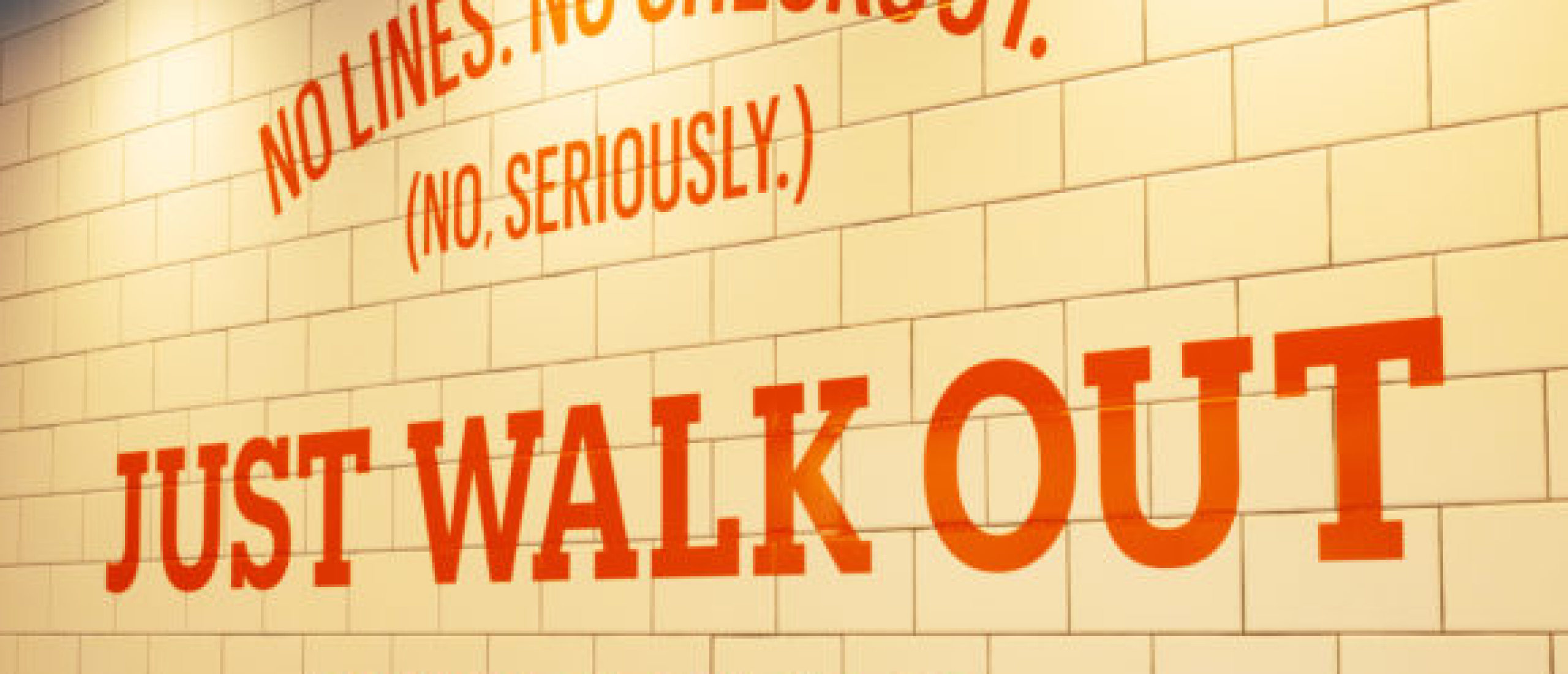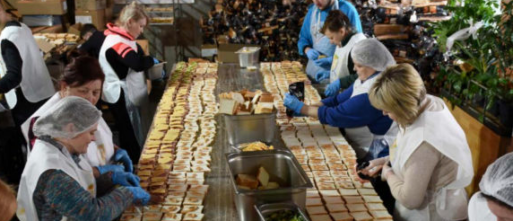Sarah Coleman of TWC looks at Long term predictions for the take up of JWO technology and new areas of foodservice and hospitality it will impact – plus benefits to operators and efficiencies
Amazon Fresh stores have been gaining traction in the UK, with 15 stores in London and most recently the announcement of a store in Sevenoaks in Kent, its first outside the capital. The retailer has bullishly proposed that it plans to open 260 UK stores by 2025.
The till-free concept faces right into one of the biggest causes of friction in physical stores: queuing. It also frees up staff, who can then spend more time interacting with customers and replenishing displays; it provides insights about how shoppers are navigating the store; it increases floorspace for product displays (with no checkouts taking up valuable selling space); and most important of all – it provides data, with all transactions linked to an individual Amazon Prime account.
So why wouldn’t Amazon roll it’s Just Walk Out technology to foodservice and hospitality – at least to those foodservice/retail hybrid outlets where there is high footfall and a desire for very fast service? Well, it already is in the USA – at two stadiums: UBS Arena in New York and the Houstons Astros’ Minute Maid Park. Surely it’s only a matter of time before it does the same in the UK.
Avoiding “the friction of queuing”
When you think about it, the top selling lines in stadiums are likely to be beers, soft drinks, snacks – so not a million miles away from the top selling lines in Amazon’s convenience stores. Games can last three hours so fans will want regular refuelling but equally they won’t want to miss too much of the action, so the friction of queuing is just as relevant as it is in the supermarket.
These venues have huge capacity: the Astros average home attendance in the last regular season pre-Covid was 35,000 per game. Teams typically play a series of five games at home on consecutive days before then going on their travels for the next set of five games….that’s quite a lot of footfall and a captive market looking for food and drinks. Similarly, UBS Arena hosts more than 150 major events each year, accommodating up to 19,000 people each time.
To use the JWO outlet you need to be an Amazon Prime customer, so Amazon knows exactly who you are and what else you are buying in other locations and channels. Based on this, Amazon can send personalised offers or recommendations based on what you are buying (or not buying). The consumer gets a seamless experience in a new location – and meanwhile, Amazon better understands your behaviour in yet another aspect of your life.
So how big could this get? Well, as I already alluded to, this desire for fast and frictionless isn’t relevant in every hospitality setting – as the name suggest “Just Walk Out” is for food to go, where speed and efficiency are the name of the game.
For the technology to work, food & drink items must be ready-prepared and packaged, with high footfall and high volume throughput. In these types of venue, there is a clear benefit for the consumer who saves time, whilst the benefits for the operator are just the same as for convenience store retailers: higher throughput, increased efficiency, and a better understanding of the customer.
Sarah Coleman is Director of Communications at TWC







